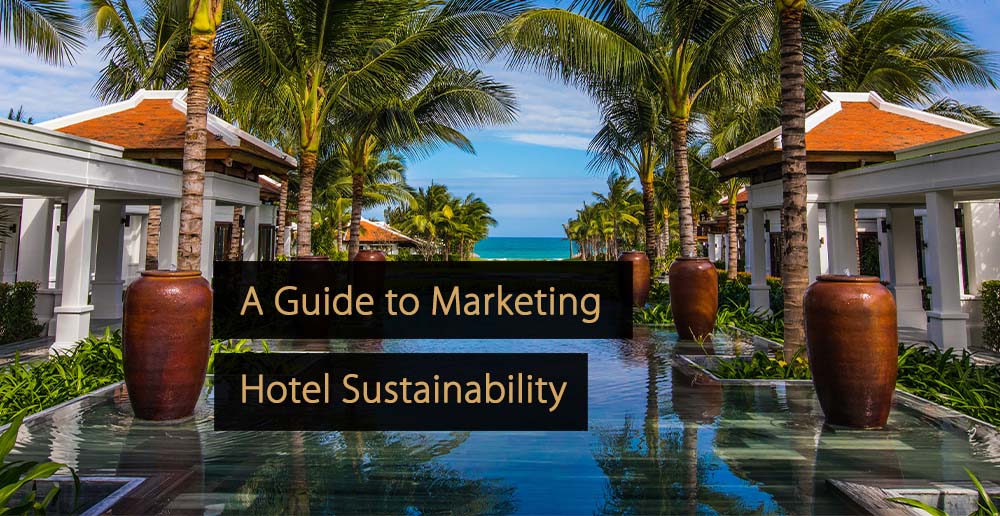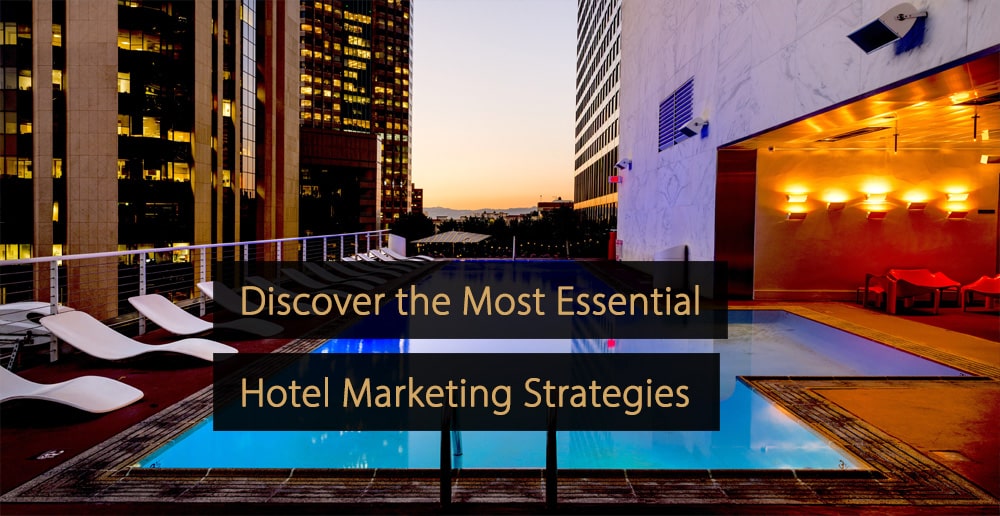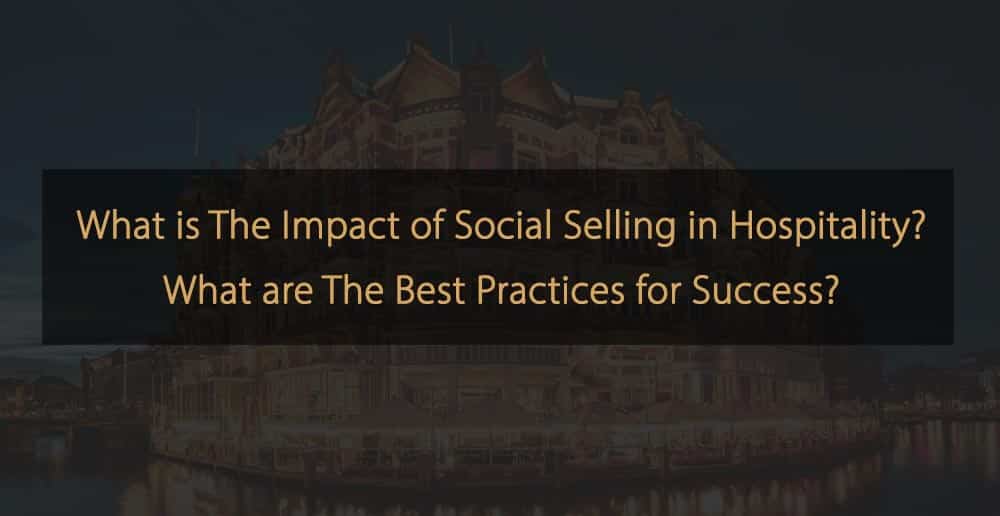Question for Our Hotel Marketing Expert Panel
Growing a loyal customer base and retaining customers is essential for hotels, but how is it best achieved for the B2B market? How do B2B and B2C strategies differ? What are your top tips for success?
Industry Expert Panel
Our Industry Expert Panel exists out of professionals within the hospitality & travel Industry. They have comprehensive and detailed knowledge, experience in practice or management and are forward-thinking. They are answering questions about the state of the industry. They share their insights on topics like revenue management, marketing, operations, technology and discuss the latest trends.
Our Marketing Expert Panel
- Stephanie Smith – Founder, Cogwheel Marketing
- Susanne Williams – Client Performance Director, Alliants
- Thomas Dieben – Founder, Becurious
- Cory Falter – Partner and Visionary at Lure Agency
- Jacopo Focaroli – CEO & Founder, The Host
- Nicole Sideris – Founder & Prinicipal Consultant, X Hospitality
- Max Starkov – Adjunct Professor Hospitality Technology, New York University
- Luminita Mardale – Director Of Marketing And Business Development, Vienna House
- Moriya Rockman – Chief of Marketing, Smiling House Luxury Global
- Ask Our Panel a Question
- Join Our Expert Panel
“While you can get away with pushing offers for B2C for need dates, B2B should be more about nurturing and educating your loyal customers to stay top of mind. Knowing your audience is even more important as the time to sell and/or length of engagement is generally longer in B2B. Segment your B2B database into personas and truly try to understand each of their pain points and the problems you are trying to solve for them, respectively.”
“Great question. It’s broad, so it’s important to say that you need a strategic approach tailored to each segment. B2B for hotels will include meetings, events, exhibitions, and contracted accounts for accommodation as well as transient business guests. Each of these audiences has different needs and you will be solving different problems.
Partnerships and regular communication are still important. Just ask any Director of Sales/Account Director for a national or global chain. Continually emphasise the mutual value and listen for changing needs, commit to addressing those needs and deliver a level of service that keeps you front and centre when it comes to making decisions on where additional business should be placed.
Regularly review your proposition to meet the rapidly changing needs of your business customers. Flexibility is key and how and where are your guests booking? Have you seen an uptick in high commission channels, e.g. an online travel agent? That’s a red flag that needs some attention.
Refine your Value Proposition for the business segments you are working with, want to grow, or those that are starting to lag. As an example, the value perception of including breakfast in a transient corporate rate, outweighs the cost, especially if you include it as a direct booking perk. What sets you apart from the competitors? The needs of each business segment will vary so focus on the business you can service and want to grow. E.g. Dedicated support for meetings and event planners.
Pricing. Commercial contracts and negotiations are longer-term contracts. That’s the key difference between B2B and B2C. I’d suggest reviewing your value proposition against your segment price point and that of the comp set, for the business segment you are negotiating. Too many hotels look at pricing myopically. B2B pricing should comfortably sit with other rates so be clear about volume, loyalty and how to maximise these valuable accounts.
The principles of customer retention apply to both B2B and B2C strategies, however, the B2B context requires a greater emphasis on personalised relationship management, long-term collaboration, and understanding the client’s business objectives. By aligning your strategies and initiatives with these considerations, you can foster loyalty and long-term partnerships in the B2B market.”
“With our agency, we focus on obtaining initial relevant B2B contacts. The meeting facilities should be clearly visible on the website of the hotel. We offer various modules for, e.g. meeting rooms and meeting packages. Also, we offer contact forms and ‘call me back’ forms to make it as easy as possible to get in touch with the sales department of the hotel. In the past, we offered multi-step RFP forms, but we noticed that the conversion rate of simple contact forms is much higher.
Also, effective B2B sales require a personal touch and this can be better achieved with a phone call or meeting at the hotel. We insist that our clients build strong databases and use CRM tools to retain the relationship and inform contacts about the unique B2B offerings of the hotel. Organising yearly network events is another possibility to keep and maintain strong relations with B2B guests. Last but not least, focus on partners and organisations that have the same focus on quality and service as your hotel, be flexible and always try to exceed expectations.”
“First and foremost, hotels need to approach the B2B market (group) as a process versus a transaction like B2C (Leisure).
B2B (group) business is typically a larger sale, requiring a longer sales cycle and a much more comprehensive marketing and sales strategy to nurture a prospect through the pipeline to a closed sale.
At the heart of this strategy is trust. Reassurance the hotel (and its team) can fulfil the promise to host an exceptional event with a cold prospect. An extremely stressful situation for anyone who’s planning an event, especially for those with little or no experience.
The 4-step W.I.N.S. strategy is a proven concept:
- WELCOME through a website experience that inspires and attracts.
- Your website should speak to non-professional planners with tips, tricks and trends
- You should have social proof like testimonials, reviews and case studies
- IDENTIFY opportunities by current and future prospects.
- Increase targets to include prospects for collaborative group gatherings
- Include admins or other roles that are planning meetings as a “side-hustle”?
- NURTURE with inspirational, educational content, not promotion.
- Consistently produce content and/or engage on Linkedin
- Connect with your existing clients at least once a month with value, not sales
- SELL your product or service after building a relationship.
- Continue to nurture a prospect even if there’s no immediate sale
- Become a trusted advisor, not just another self-serving salesperson
Following these 4 steps consistently will result in a proactive and predictable stream of DIRECT business that is:
- Scalable and predictable
- Has a better close ratio
- Offers more control over the sales process
- Generates higher profitability and lower ROI
- Is less reliant on RFP and Third-party business”
“To grow and retain a loyal customer base in the B2B market, hotels need to focus on targeted relationship building and customised value propositions. Unlike the B2C market, B2B strategies require building strong relationships with key decision-makers and stakeholders through regular communication and face-to-face interactions. Hotels should emphasise their ability to provide tailored solutions and exceptional customer service to meet the unique needs of corporate clients.
Collaborations and partnerships with complementary businesses can expand reach and visibility. Implementing loyalty programs, incentives, and personalised attention can further enhance client retention. Ultimately, success in the B2B market for hotels lies in understanding specific client needs, delivering customised value, and fostering strong relationships through exceptional service and support.”
“To ensure maximum profitability for either B2B an B2C you must analyse your channels’ volume and your cost of acquisition for each distribution channel. Direct often delivers the highest revenue contribution. OTAs and Meta can offer a far greater search but come with higher commission fees. To determine success, monitor the Net RevPAR after deducting the acquisition costs.”
“The secret to building a loyal B2B customer base is building a successful B2B Content Marketing strategy.
- If you are a corporate group hotel or resort, B2B content marketing can position you as the ultimate destination for corporate groups, MICE, SERF groups, etc.
- If you are a vendor serving the hospitality industry, B2B content marketing can position you as the ultimate expert in your field
Many hoteliers and hotel tech vendors alike are pushing services/products without identifying their core value proposition. B2B marketing is all about telling your story and explaining your value proposition and B2B media is the perfect avenue to do that.
The best B2B marketing channels are LinkedIn, PR, blog articles and posts, white papers, webinars, case studies, influencer marketing, conference speakerships, panel discussion participation, award announcements, new client acquisition announcements, etc. The best scenario is the right balance between the various formats.
B2B Content Marketing allow hotels to reach corporate travel managers, corporate group planners, conference and convention organizers, company decision-makers, etc. The question is, how many hoteliers and hotel tech vendors use B2B Content Marketing to engage and acquire customers?
Just a few.”
“B2B customers require a strategic approach based on solving problems and building trust. Here, the sales cycle is much longer and there are more people involved.
They want to learn about the product and service before making a reservation and building a close relationship with the team. It is important to offer them regular events, rewards and promotions while maintaining a good connection with them throughout.”
“Working in the vacation rental industry for the last 8 years, we recognise the need for travel professionals to be able to collaborate and offer vacation rentals. We recognise the growing need in the luxury segment of vacation rentals and build dedicated platforms to build the bridge between the two industries, i.e., the STR industry on the one hand and the legacy travel partners on the other, such as travel agencies, designers, concierge companies etc.
The B2B strategy differs from a B2C strategy in several ways. Firstly, in B2B, the focus is on building long-term partnerships with businesses rather than individual consumers. B2B clients have distinct needs, such as negotiated rates, flexible packages, and personalised solutions. Additionally, the B2B market requires a stronger emphasis on relationship building, dedicated account management, and providing exceptional customer service.
Unlike B2C, B2B often involves complex decision-making processes, involving multiple stakeholders and longer sales cycles. Therefore, the B2B strategy necessitates a more tailored approach, understanding the specific requirements of businesses, and providing value-added services that meet their objectives.“
Ask a Question & Join Our Expert Panel
Would you like a question to be answered by our Industry Expert Panel? Or would you like to join our community of experts and share your experience, insights, and knowledge with fellow industry professionals? Via the buttons below you can submit a question or submit a request to become part of our expert panel.
More Tips to Grow Your Business
Revfine.com is the leading knowledge platform for the hospitality and travel industry. Professionals use our insights, strategies, and actionable tips to get inspired, optimize revenue, innovate processes, and improve customer experience.Explore expert advice on management, marketing, revenue management, operations, software, and technology in our dedicated Hotel, Hospitality, and Travel & Tourism categories.
















Leave A Comment